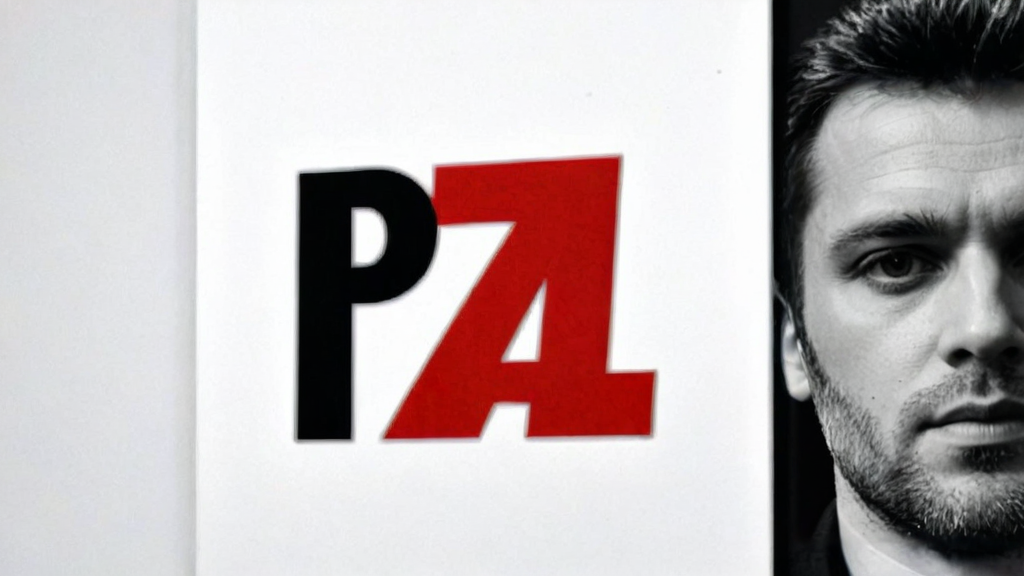The linguistic situation in Catalan healthcare
Catalan healthcare users face obvious difficulties in communicating with some doctors in the country’s own language. This problem has generated a series of complaints and has been the subject of recent studies that have reached strong conclusions.
The reality of health professionals
According to the Council of Medical Colleges, only 48% of doctors use Catalan in consultations, and three out of ten doctors practicing in Catalonia do not speak their own language. In addition, the lack of interest in learning it is evident in 50% of professionals from other territories of the State.
Measures to address the situation
The Department of Health of the Generalitat has decided to take measures to correct this situation. The C1 level of Catalan will be established as a requirement for all staff who aspire to a position, both in public centers and in chartered centres. In addition, online language training will be provided during working hours for professionals arriving from abroad.
The importance of language immersion in the field of health
The lack of political firmness in ensuring language immersion in an area as sensitive as health has contributed to this situation. Likewise, the lack of effectiveness in providing the necessary tools so that professionals coming from outside can learn Catalan and use it with patients has been a determining factor.
The necessary commitment
It is essential that all actors involved, including doctors and professional associations, commit to guaranteeing people’s linguistic rights. This responsibility is inherent in a good health service, which not only requires the best professionals and infrastructures, but also respect for the linguistic rights of patients.
conclusion
Improving communication in one’s own language is a fundamental objective to guarantee a quality health service. This implies not only complying with the laws in force, but also ensuring that healthcare users have the possibility to express themselves in their language.

